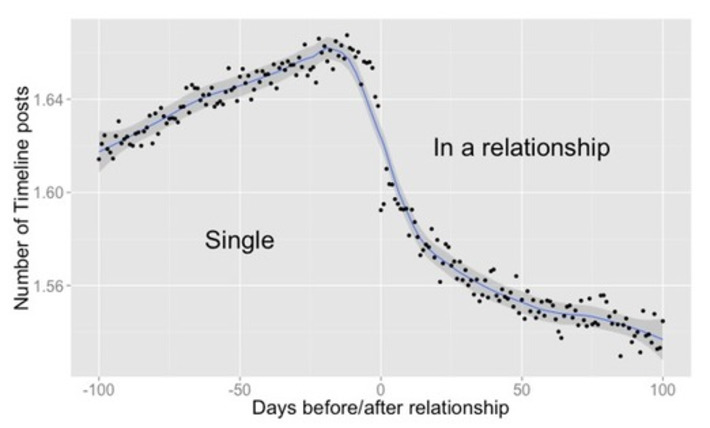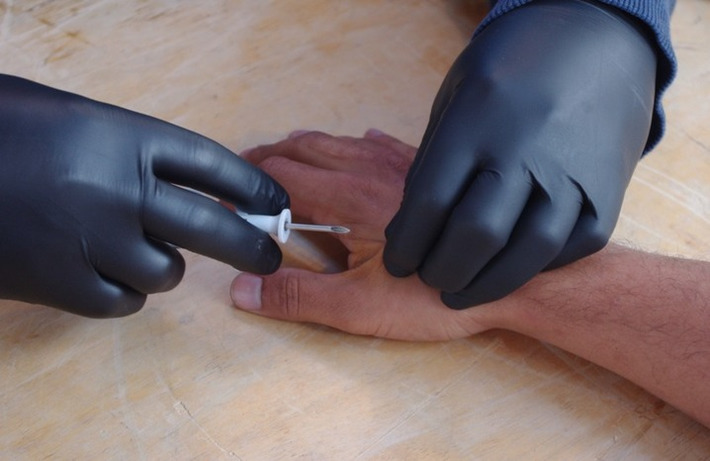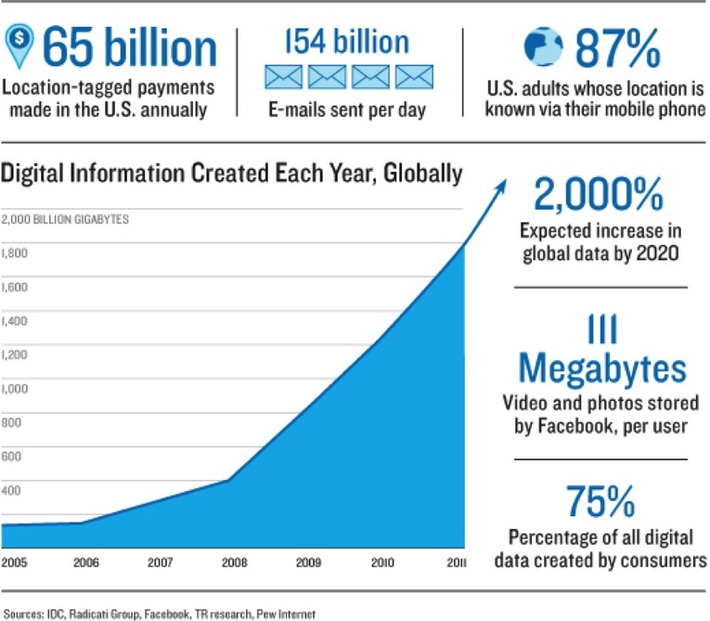“During the 100 days before the relationship starts, we observe a slow but steady increase in the number of timeline posts shared between the future couple.”
Research and publish the best content.
Get Started for FREE
Sign up with Facebook Sign up with X
I don't have a Facebook or a X account
Already have an account: Login
Get weekly or monthly digest of all posts in your inbox: https://fmcs.digital/wim-subscribe
Curated by
Farid Mheir
 Your new post is loading... Your new post is loading...

Farid Mheir's curator insight,
November 11, 2015 7:50 PM
I knew they did this for dogs but never thought they did it for humans. But come to think of it, makes perfect sense. Or it will become the biggest invasion of privacy ever. Great insight from André! 
Luigi Cappel's comment,
November 21, 2015 2:25 PM
For me it would depend on what part of the world I live in. In New Zealand I would have no problem wearing a chip that I could use for ID for building access, customs, instead of passwords or finger scanners. Being a law abiding citizen in a relatively corruption free country, I'd be more than happy, providing as per the law, I knew how any information about me was being used and could revoke access where it was abused. If I was living in other countries, which may remain nameless, I would steer well clear, because being innocent and law abiding doesn't mean that you are safe.

Farid Mheir's comment,
November 21, 2015 5:33 PM
@Russell R. Roberts, Jr. @Luigi Cappel both of you thank you for insightful comments and reshare... as always!
|

Curated by Farid Mheir
Get every post weekly in your inbox by registering here: http://fmcs.digital/newsletter-signup/
|
















WHY THIS IS IMPORTANT
We are just starting to scratch the surface of what we can learn when we analyze the personal data from social media. When everything is connected with Internet of things products and when we measure everything we do using wearables and quantified-self technologies, the insights will be even greater. Companies should prepare to analyze this massive data rush and us all should start to think about our information privacy more carefully...